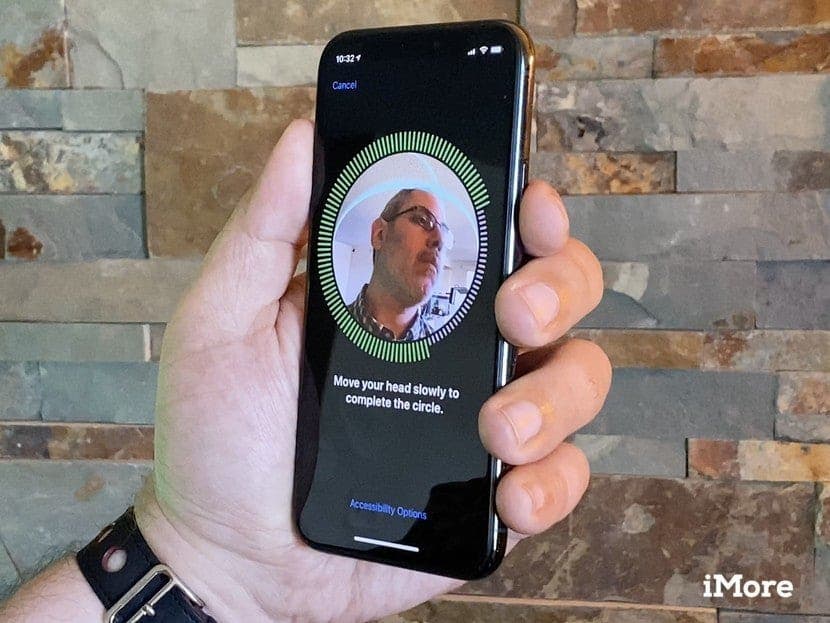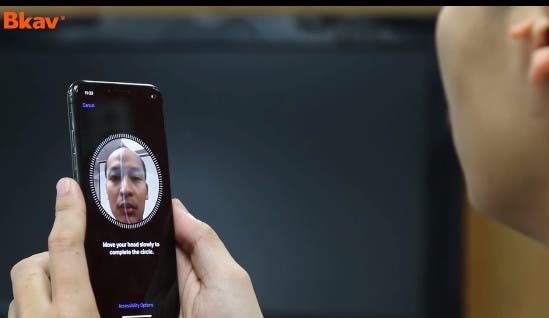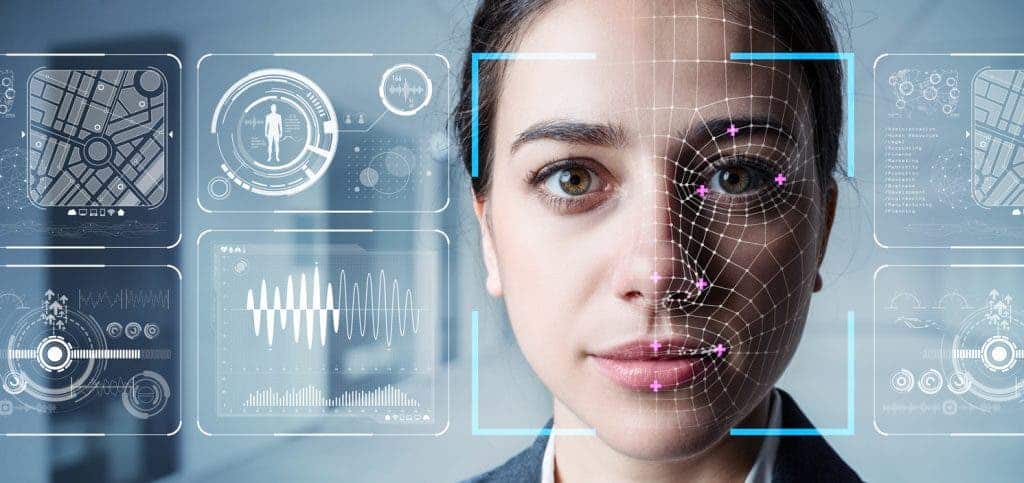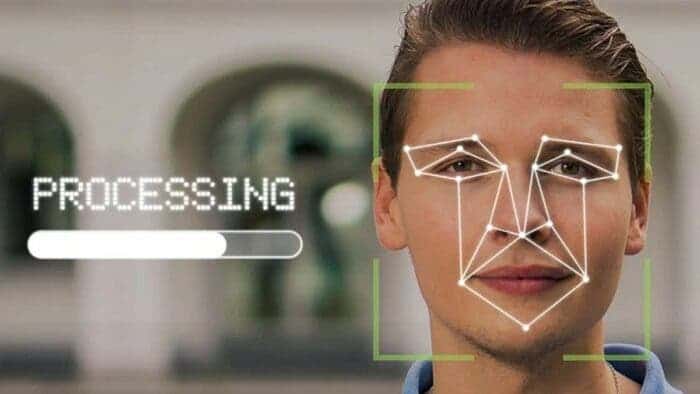The recent decision by the U.S. Federal Trade Commission (FTC) to reject the implementation of “privacy-protective facial age estimation” technology marks a significant development in the realm of online privacy and parental consent regulations. This decision comes after an application was submitted by the Entertainment Software Rating Board (ESRB), identity software company Yoti, and teen marketing company SuperAwesome to utilize facial recognition technology to enforce the Children’s Online Privacy Protection Rule (COPPA). The technology, designed to analyze the geometric structure of a user’s face to determine their age, aimed to provide a new method for obtaining parental consent for online services directed at children under the age of 13.

An ESRB spokesperson told Eurogamer:
“Firstly, this app is not intended to empower children to use this technology. This must be clear. Additionally, this software does not take and store ‘selfies’ of the user, nor does it attempt to identify the user. It also will not capture or store any photographic images, nor will it attempt to use facial recognition algorithms to identify anyone.”
Background and Purpose of the Technology
The proposed “Privacy-Protective Facial Age Estimation” technology was intended to address the requirements of COPPA, which mandate that online platforms targeting children under 13 must obtain parental consent before collecting personal information. The application sought to introduce a novel approach to age verification by analyzing facial features without storing photographic images or utilizing facial recognition algorithms to identify individuals. The primary goal of this technology was to offer a secure and efficient method for adults to grant parental permissions, emphasizing that it was not intended for children to use independently.
FTC’s Decision and Implications
The FTC’s unanimous decision to deny the application for facial age estimation technology as a new COPPA parental consent method reflects a cautious approach towards the use of biometric data in age verification processes. While the rejection does not preclude future submissions for the technology, the FTC’s scrutiny underscores the importance of privacy safeguards and the potential risks associated with facial recognition technologies. The FTC’s decision sets a precedent for evaluating innovative parental consent mechanisms in the digital age by emphasising the need for robust privacy protections and adherence to COPPA guidelines.

Industry Response and Future Outlook
Following the FTC’s decision, questions arise regarding the future of age verification technologies and the role of facial recognition in online privacy compliance. The collaboration between ESRB, Yoti, and SuperAwesome highlights the industry’s efforts to enhance parental consent processes while ensuring data protection for young users. Despite the setback, the possibility of resubmitting the technology for review leaves room for further discussions on balancing innovation with privacy concerns in the digital landscape. Furthermore, the evolving regulatory landscape surrounding biometric data and online privacy will continue to shape the development and implementation of age verification technologies in the future.
Pros and Cons
The decision by the U.S. Federal Trade Commission (FTC) to reject the use of “privacy-protective facial age estimation” technology has both pros and cons:
Pros:
1. Privacy Protection: By vetoing the technology, the FTC upholds privacy standards. It also safeguards against potential misuse of biometric data, aligning with concerns about consumer privacy and data security.
2. Parental Consent: The decision reinforces the importance of obtaining parental consent for online services directed at children under the age of 13, under the Children’s Online Privacy Protection Rule (COPPA).
3. Regulatory Compliance: The rejection ensures that online platforms adhere to COPPA guidelines. It also avoids potential risks associated with facial recognition technologies in age verification processes.

Cons:
1. Innovation Limitation: The decision may hinder the development and implementation of novel age verification technologies that could streamline parental consent processes and enhance online safety measures.
2. Industry Impact: The rejection could impact collaborations between entities like the Entertainment Software Rating Board (ESRB), identity software company Yoti, and teen marketing company SuperAwesome. It could also slow down advancements in age verification methods.
3. Future Uncertainty: While the rejection is without prejudice, allowing for potential resubmission of the technology, the decision leaves room for uncertainty regarding the future integration of facial age estimation in parental consent mechanisms.
Conclusion
The FTC’s rejection of the “face scanning” technology for age estimation underscores the complexities of integrating biometric solutions into parental consent mechanisms. While the decision reflects a cautious approach towards safeguarding children’s online privacy, it also prompts a broader conversation on the ethical and regulatory considerations surrounding the use of facial recognition technologies in age verification processes.
This decision, following the application by the Entertainment Software Rating Board (ESRB), Yoti, and SuperAwesome, aimed to introduce a new method for obtaining parental consent under the Children’s Online Privacy Protection Rule (COPPA) by analyzing facial features without storing images or utilizing facial recognition algorithms. The FTC’s cautious denial underscores the significance of privacy safeguards and the potential risks associated with biometric data in age verification. While the rejection may temporarily limit innovation in age verification technologies, it also ensures compliance with COPPA guidelines and prioritizes privacy protection for young users.
Looking ahead, the industry’s response and the possibility of resubmitting the technology for review indicate ongoing discussions on balancing innovation with privacy concerns. The evolving regulatory landscape surrounding biometric data as well as online privacy will continue to shape the development and implementation of age verification technologies, emphasizing the need for robust privacy measures in the digital age. What do you think about the FTC’s decision? Is it in the collective interest of the society? Please, let us know your thoughts in the comment section below






We integrated Luxand.cloud facial recognition API to verify our clients and this technology really helps